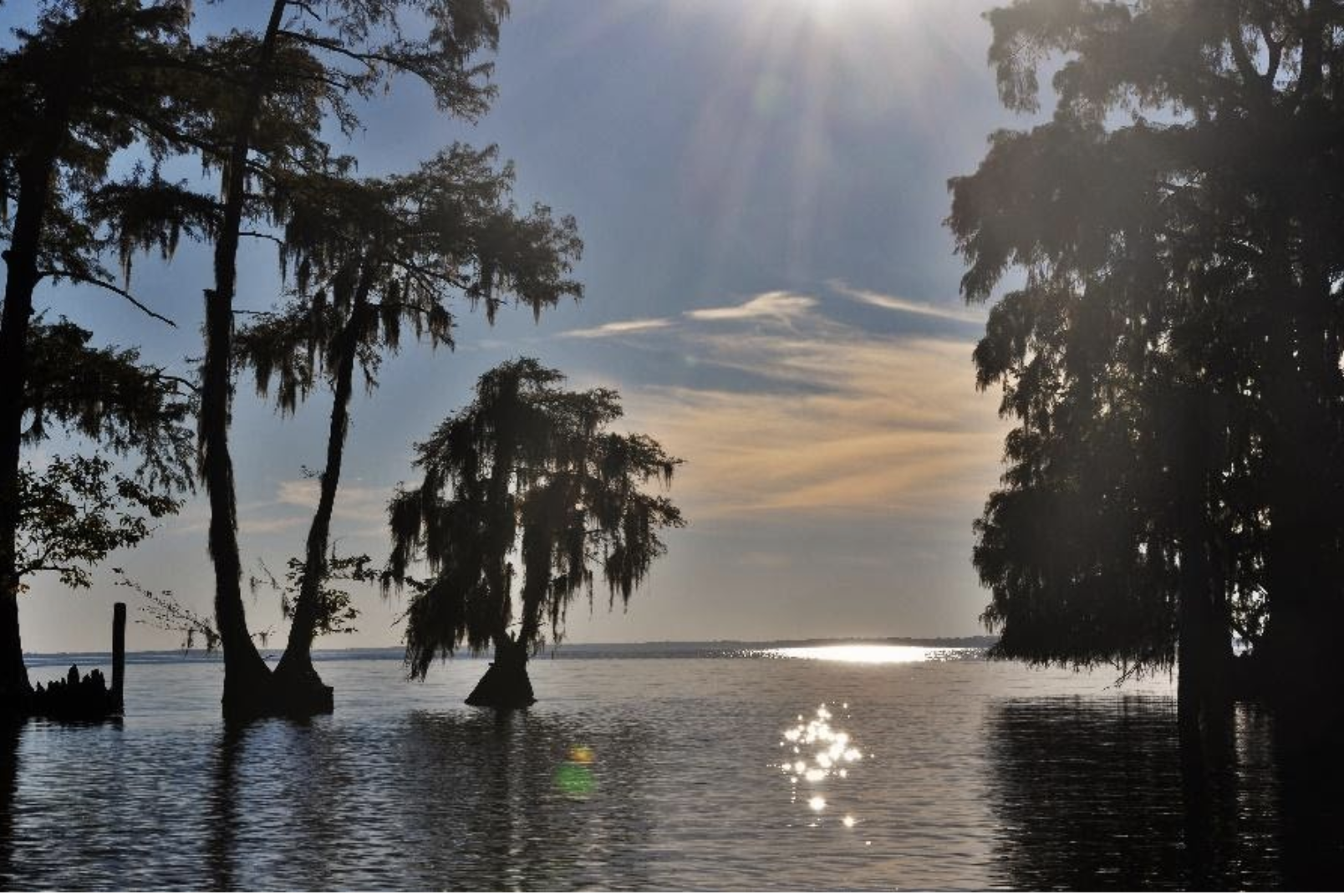Summer is here with boating season in full force. Boaters in Edenton can bask in the sunshine, fish for a local catch, or cruise to nearby waterside towns. Unlike other places within North Carolina’s crowded intracoastal waterways, boaters in Albemarle Sound, one of North America’s largest freshwater sounds, can experience relative solitude. Locals and visitors can dock and dine at mouthwatering eateries such as The Landing at Mackeys and Edenton Bay Oyster Bar
To keep afloat and enjoy the open water without incident, be sure to follow these 10 important boat safety tips.
- Wear life jackets: Regardless of the size or type of boat, all passengers should have properly fitting lifejackets that are approved by the U.S. Coast Guard. Life vests are mandated by North Carolina law for anyone under 13 years of age. Many boating fatalities result from drowning among boaters not donning a life jacket. Life jackets can help people stay afloat in choppy waters and prevent hypothermia when unexpected circumstances arise.
- Stay alert. Drinking and boating are a dangerous combination. Alcohol is a leading cause of boating accidents. Kyle Barkley who serves as the Senior Officer with the North Carolina Wildlife Resources Commission underscores the need to avoid boating while impaired. “Unfortunately, many individuals think because they are on the boat, laws of drinking and operating are different. If an individual is operating a vessel impaired, they are subject to arrest like on the road.”
- Avoid navigational hazards. Like driving a car, it is important to remain attentive while steering clear of other boats, kayaks, and paddleboards. Watch out for submerged stumps, trees, rocks, or floating driftwood, especially following a storm or flooding incident. Be aware that some waterways are particularly shallow or have bridges that may become more difficult to traverse in rising waters.
- Keep an eye to the sky. Monitor the forecast and changing weather conditions. Even a nice day can rapidly unravel as wind and rain arrive. Avoid boating in stormy conditions when the brackish waters can cause a boat to capsize. Return to dock immediately if lightning or high winds unexpectedly arise. Sergeant of Marine Patrol, Brian Long advises, “My Grandfather always told me if you see a dark cloud go in. Good advice.”
- Maintain communication and have a float plan. Tell someone ashore when you are leaving and when you plan to return home. Boats can register a Maritime Mobile Service Identify (MMSI) number that is connected to radio and GPS in the case of an emergency. That will enable rescue crews to find your boat if in distress. Volunteer firefighter Kim Ringeisen explains, “MMSI numbers are used with DSC (Digital Selective Calling) radios and AIS (Automatic Identification System) units, like a cell phone number. The best for recreational boating is a handheld or mobile marine radio. Have it set to scan channels 9 and 16, as well as set the weather alert. Although not required in recreational boats under 65.5 feet long, a Very High Frequency (VHF) Marine Radio allows instant communication between your boat and other boats, marinas, bridges, and the United States Coast Guard (USCG). It is the primary means of communication on coastal waters and has many characteristics which make it preferable to a cell phone, CB Radio, or other means of communication. Most VHF Marine Radios also have instant access to NOAA weather forecasts, 24 hours a day.”
- Invest in a carbon monoxide detector. Engines can emit carbon monoxide, a poisonous gas that cannot be seen or smelled but is deadly.
- Wear sunscreen and bug repellant. Be sure to cover skin thoroughly and reapply sunscreen often to avoid sunburn. Biting insects are commonplace in this region and can interfere with enjoyment. Spray on a natural repellant to keep the pests at bay.
- Bring plenty of water and emergency supplies onboard. Stay hydrated while boating and drink water even before you feel thirsty to prevent heat exhaustion. Recreational boater Robert Bucciere says “It is best to be prepared for anything. If you end up being out longer than expected it is wise to have extra water, nutritional snacks, and medications.”
- Avoid propellor strikes by sitting in appropriate boat seating as Barkley explains. “At the bottom of an outboard motor is a rotating, sharp piece of metal that can spin upwards of three thousand revolutions per minute and can cause lacerations and worse. We stop boat after boat every year with boaters ‘bow riding,’ meaning sitting on the fronts of boats with limbs or even entire bodies hanging over the gunwale of the boat. This puts boaters at greater risk of falling overboard and being run over by the boat and struck by the prop, causing serious injury or death. It would somewhat be the equivalent of riding a vehicle on a highway and hanging out the window without a seatbelt on, except if a boat runs you over after falling out, there will be a propeller spinning at three thousand RPMs or more.”
- Follow the law. Each state has specific rules and laws for boaters. North Carolina boating laws can be found by going here: N.C. Wildlife Boating Laws & Safety







